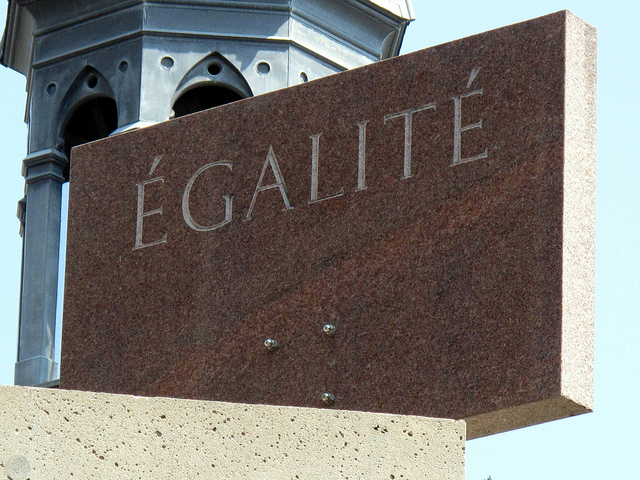The Divisional Court of Ontario has upheld a ruling that lets complaints heard by professional bodies like the Office of the Independent Police Review Director (OIPRD) or College of Physicians and Surgeons be brought to the Ontario Human Rights Tribunal (OHRT) as well.
Until 2013, It was not clear whether discrimination complaints against a professional body could be taken to the OHRT as well.
However, on May 27 the Ontario Divisional Court upheld an earlier ruling that a complainant can do both.
The decision came after the court heard the cases of Dean De Lottinville and K.M. vs. Kodama together. De Lottinville, a Black man, alleged police in Elliot Lake discriminated against him in 2009. K.M., a transgender man, alleged he was subject to discriminatory treatment by his doctor.
Bruce Best, a lawyer with the Human Rights Legal Support centre, said the cases were combined in the divisional court to tackle the question of whether a decision by a professional governing body could preclude a human rights application.
Before this ruling, alleged victims of racial profiling by police would have to choose whether to file a complaint with the Office of the Independent Police Review Director or put in an application with the Human Rights Tribunal.
“The human rights tribunal was saying the question of whether or not this person is being discriminated against has already been decided in the police complaints process,” said Best. “[They couldn’t] get a different answer at the human rights tribunal.”
Best said that although complaints are filed with the OIPRD, an independent entity, police conduct the investigations themselves.
“Not surprisingly, the general outcome was ‘we did nothing wrong,'” Best said.
Best explained that, because there were so many cases of racial profiling coming to the tribunal, they heard a lead case in 2012 to answer the question of whether a police complaint would preclude a human rights application.
In 2013, the decision came out, with the tribunal deciding that they could hear a case after a police review board hearing.
“[They said] whatever happened in the police complaint process should not affect the right of someone to file a human rights case as well for personal remedy or to bring around systemic change,” said Best
The Ontario Provincial Police challenged the tribunal’s decision, but on May 27 the Ontario Divisional Court upheld it.
Best said he is pleased that this procedural hurdle has been removed.
“It maintains pressure on the police for accountability in terms of their actions, particularly in the case of discriminatory actions,” he said.
Although the decision deals with the OHRT, Best believes other courts can use the decision as precedent.
“The principles that are addressed can certainly apply more broadly and be applied in other provinces as well,” Best said.
Megan Devlin is rabble’s news intern for 2015. She hails from Toronto, but she’s starting her Masters in Journalism in Vancouver. She got her start in journalism working at the Western Gazette where she was a news editor for volume 107 and online associate editor for volume 108.



